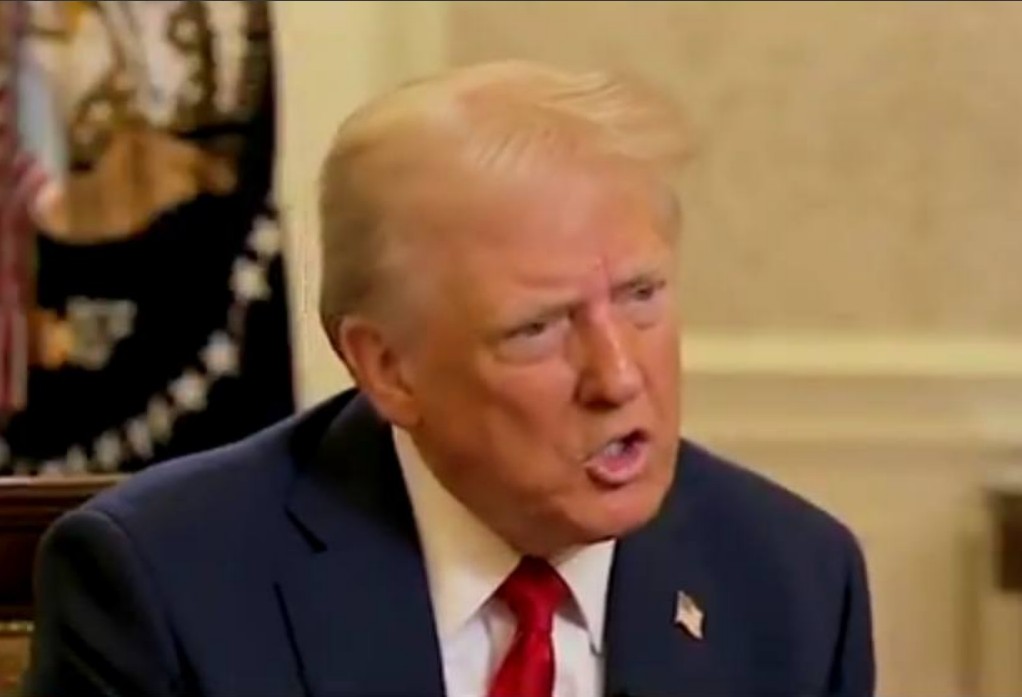A 17-year-old boy from Wisconsin has been charged with the brutal murder of his parents in what the FBI believes was part of a broader plan to assassinate U.S. President Donald Trump. The teen, identified as Nikita Kasap, is currently in custody and awaiting trial.
According to federal investigators, Kasap’s motivation for killing his mother and stepfather stemmed from his desire to fund a politically driven attack targeting President Trump. The FBI affidavit alleges that he planned to use his parents’ financial assets to purchase a drone and explosives, with the ultimate goal of launching an assassination attempt.
Authorities also discovered materials linked to the neo-Nazi group Order of Nine Angles in Kasap’s possession, including a manifesto encouraging the violent overthrow of the U.S. government and the killing of its highest officials. Investigators say this ideological influence may have helped radicalize the teen.
In the course of the investigation, authorities found that Kasap had been in contact with individuals in Russia and had discussed the possibility of fleeing to Ukraine. The FBI noted in court documents that Kasap had made online searches about purchasing explosives and had taken steps toward acquiring drone equipment.
His manifesto reportedly included graphic threats against President Trump and outlined a series of violent actions intended to destabilize the U.S. government.
Kasap was arrested in early April after police discovered the bodies of his parents in their home in Middleton, Wisconsin. Prosecutors allege that he lived with the corpses for up to two weeks. The teenager has been charged with two counts of first-degree intentional homicide.
Bail has been set at $1 million. He remains in custody at a juvenile detention center and is scheduled to appear in court on May 7.
Authorities are continuing to investigate potential accomplices and the extent of Kasap’s connections to extremist groups abroad.
While the assassination plot was reportedly in its early planning stages and never advanced to an operational phase, law enforcement officials have described the case as a disturbing example of how extremist ideologies can influence young people. The case has raised questions about online radicalization and cross-border extremist communication.
So far, no charges have been filed at the federal level, but the FBI is continuing its probe in coordination with state authorities.




